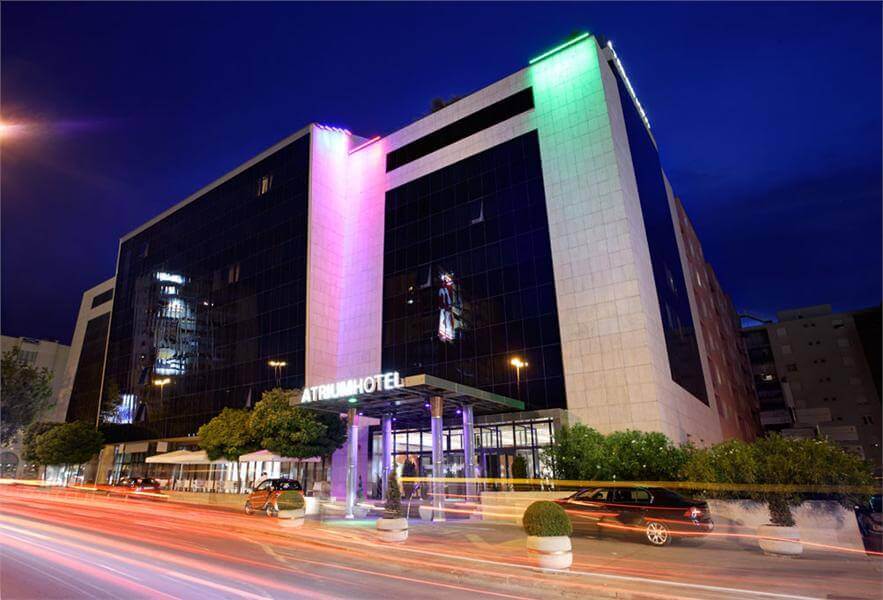
OTAs such as Expedia, Booking.com, Kayak and Hotels.com are prolific spenders on Google AdWords, regularly logging in the top fifty search engine marketers by spending an average of $67,250 per day. And that’s just on Google – so how does this ad spend play out across all search engines, including Bing and AOL?
The answers come from an OTA/hotels paid search analysis by search advertising monitors Brand Verity, who considered 100,000 search results. Specifically, the analysis looked at PPC ads that were triggered by hotels’ branded keywords – such as “New York Hyatt”.
The findings show just how much the online travel agencies are outspending hotels, using their breadth of inventory and depth of pockets to deliver more in-bound paid clicks. In short, this study says that OTAs are indeed bidding against hotels in ad auctions – and are paying handsomely to rank concurrently or higher than hotel brands.
Moreover, customers go to OTAs to simplify things and get access to a wide range of options. Have a look at the Booking.com home page – here’s a breakdown of some of what you will see:
• Nice clear ratings – stars, text and numbers – customer can’t go wrong surely!
• Discount messages
• Thumbs up symbols – providing the customer who is not sure which way to turn with reassurance
• Latest booking 20 mins ago
• There are 32 people looking at this property
When someone searches XYZ Hotel in Google with the following query (just type the hotel name or the city name), the result is headed by the OTAs AdWords ads they buy from Google – and charged hotels through commissions – with the intended idea to get ahead of hotels website offers. (Booking.com is the number one buyer and appears at the top in search results.)
It’s interesting to note that when you click on the property, the number of people looking goes up and the time since the latest booking comes down. What this does is validate to the customer that he or she is looking at a good option and it begins to create a sense of urgency – better book that hotel before someone else does! This is called a ‘sub-conscious positive reinforcement’.
Read rest of the article at: eHotelier






